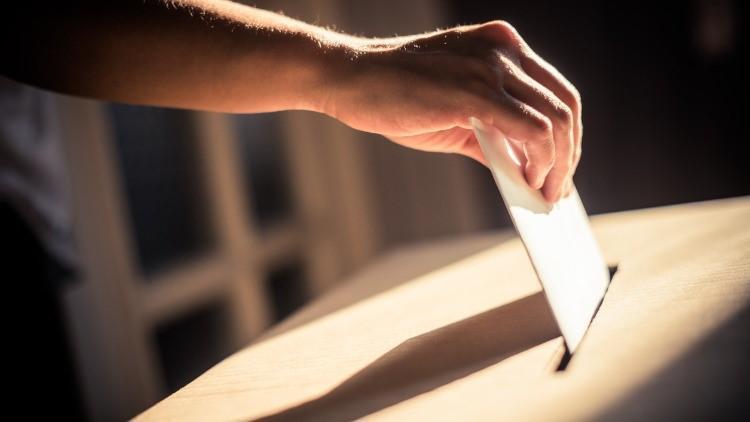
Approximately 5 million people will vote for the first time in the presidential and parliamentary elections to be held on May 14, while nearly 50,000 new voters will go to the polls if the presidential election goes to the second round, announced Ahmet Yener, the president of the Supreme Election Board.
More than 64 million people will vote in the presidential and parliamentary elections, as the number of voters who will vote from abroad is nearly 3.5 million, Yener noted.
A total of 5,040 ballot boxes will be established abroad, he added.
On May 14, a total of more than 5 million citizens will go to the ballot boxes for the first time.
If the president is not elected in the first round, the second round of the election will be held on May 28.
Since the second round will be held with updated registers, 49,958 new voters who reach the age of 18 and are eligible to vote will go to the ballot boxes for the first time.
Abroad, the number of new voters in the second round will be 2,435, Yener said.
Responding to the allegations that “overabundant number of ballot papers were printed,” Yener pointed out that the number of ballot papers for printing was determined taking into account the possibility of the second round of the presidential elections.
Providing information for the ongoing election works in the earthquake zone, Yener stated about 133,000 people from the earthquake zone applied to transfer their voting region.
“Some of our board members assigned from the institution [YSK] visit the region to follow the efforts regarding the elections in the earthquake zone. Within this framework, at the end of this week, on April 22, 23 and 24, our board members, Mr. Orhan Usta and Battal Öğüt, will visit the quake-hit Malatya and Elazığ region.”
On Feb. 26, another delegation from the institution arrived in the quake-stricken provinces, and they conducted a three-day study to identify shortages of election materials, such as polling stations, ballot boxes, seals and voting booths, and determine alternative areas to replace public buildings that are not suitable in which people can vote.
Those residing in tent cities established in the quake zones can cast their votes in the tent city where they are located through numbering and neighborhood matching by the Civil Registration Directorate.